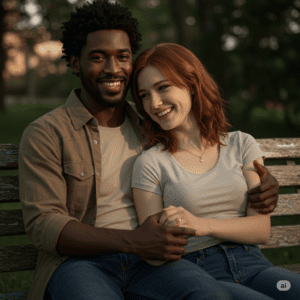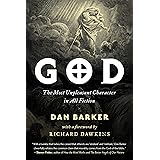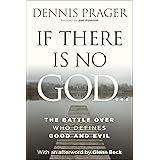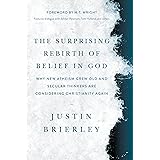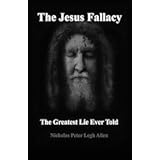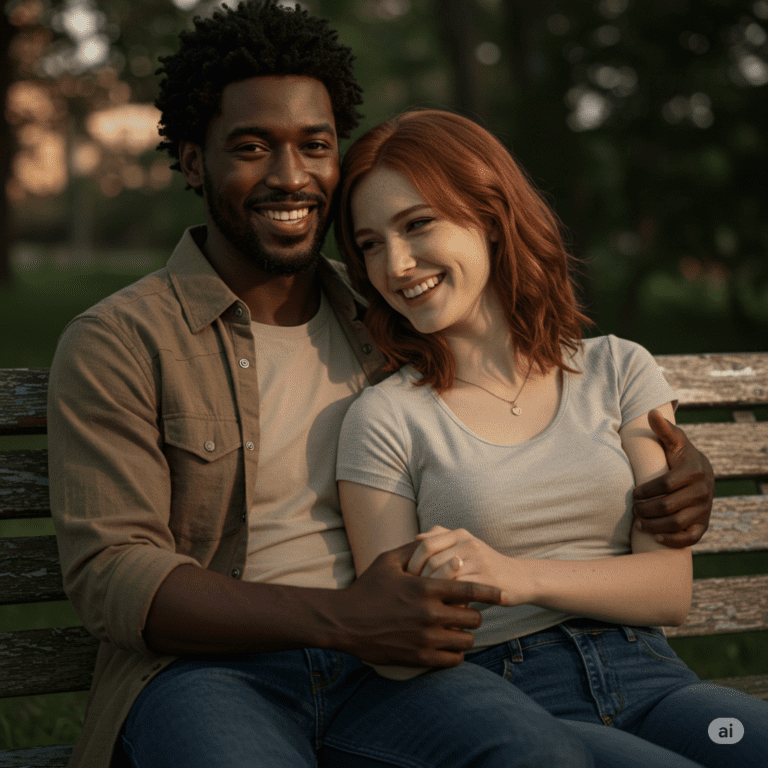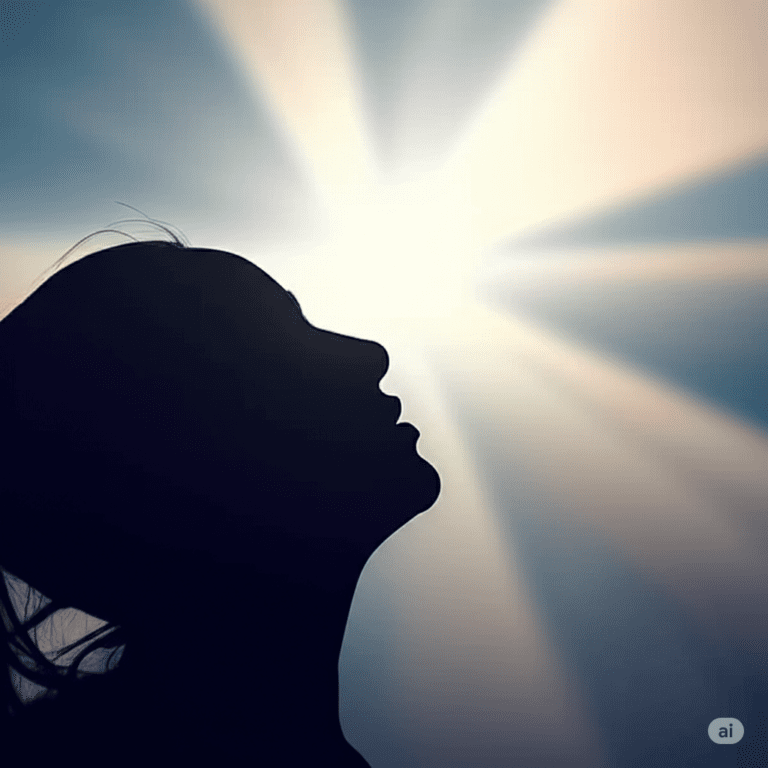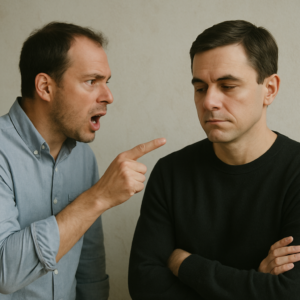I used to believe that beauty was linked to the divine—that anything beautiful was a manifestation of God. I saw beauty as a kind of perfection, something sacred and universal. If something moved me, I assumed it was proof of something higher.
But that changed. When I let go of my belief in God, I didn’t lose my sense of beauty—I redefined it.
What I once saw as divine, I now see as deeply human. Beauty no longer has to be perfect or eternal. It doesn’t need to point to a higher power. It exists in the present moment—in the way light hits a wall, the sound of wind through trees, the quiet kindness in someone’s eyes. It’s not a message from above. It’s a moment of connection with the world as it is.
I also stopped thinking of beauty as universal. I began to understand that what we find beautiful is shaped by history, culture, and our environment. Our standards aren’t fixed—they’re learned. And on a deeper level, our attraction to certain things has roots in evolution. Calm oceans, open meadows, soft light—these scenes once signaled safety, food, and shelter to our ancestors. We feel drawn to them not because they’re sacred, but because they’re soothing. They mean we can rest.
Now, I believe beauty is a kind of restoration. It’s a mental breath, a pause in the noise. When we encounter something beautiful, we feel calm, safe, and alive. It’s our brain telling us, You’re okay. You can take this in. Beauty becomes a healing process—a brief return to balance.
Losing my belief in a higher power didn’t empty the world of meaning. It made space for new meaning—rooted not in faith, but in awareness. I started sculpting. I started writing. I started noticing. And with each creative act, each quiet moment of appreciation, I feel more connected—not to something supernatural, but to life itself.
And that, to me, is beautiful.
About the Author:
I’m a former believer, a quiet thinker, and a lifelong seeker of clarity. After decades of faith, I stepped away from religion to rebuild my worldview on honesty, empathy, and reason. This blog is where I reflect on that journey—and explore what it means to live a meaningful, moral life without God
I may earn commission or revenue on some items through these links.

